Ukraine's fast-tracked admission into the European Union could potentially push the alliance—and thus Hungary—into the war.
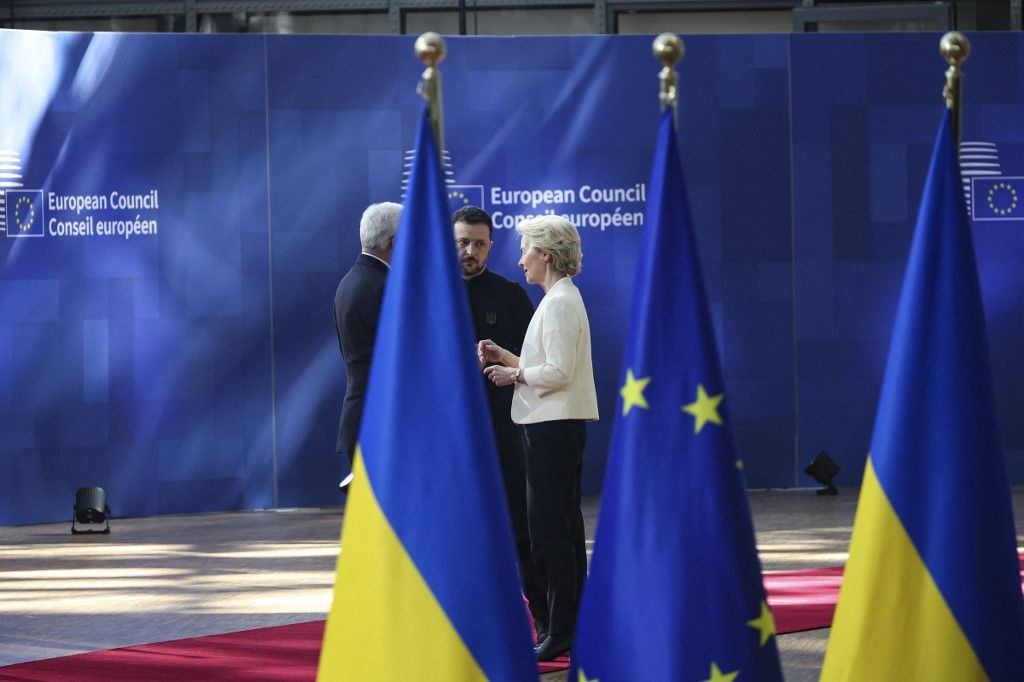
(Photo: NurPhoto/AFP/Nicolas Economou)
The legal basis for this lies in Article 42 of the EU treaties, which states that in the event of an armed attack against a member state, the other member states are obliged to provide aid and assistance by all the means in their power. This obligation could range from military support to direct participation.
According to a study by the Hungarian Institute of International Affairs, Ukraine’s EU accession would require the introduction of new coordination mechanisms. However, it is clear that the European Union is currently unable to guarantee Ukraine’s security. Given the current reality, Ukraine's chances of joining NATO are practically zero, meaning that Ukraine's security guarantees could only be addressed through bilateral agreements.
The EU’s mutual defense clause is very similar to NATO’s famous Article 5. If a country is attacked, it can activate the clause independently—without the consensus of the European Council—and in that case, the other member states must come to its aid.
This means that if Ukraine were an EU member, it could activate the clause, which—at least legally—would automatically make every EU member state a warring party.
Since this clause lacks an implementation directive, it would spark an unprecedented debate on its interpretation, leading to division among member states. The adversary, however, could automatically consider the European Union a warring party, and if that happens, NATO would also have to address the situation.
Will we allow Brussels to drag us into the war all the way to military involvement, or will we resist it? That depends on what kind of government we have—pro-Ukrainian or pro-Hungarian,
Prime Minister Viktor Orban pointed out.
The EU treaties clearly state that the Council, representing the governments of member states, must unanimously decide on the admission of any applicant country into the European community.
According to a recent survey by Szazadveg, the populations of at least 11 EU member states oppose the accelerated accession of a country at war—Ukraine—highlighting the division surrounding the issue.
It is unprecedented in the history of the European Union for a country at war to join the community, but even if peace were to be concluded, the aftermath of a conflict that has been legally resolved poses dangers that the European Union would be unable to handle. The Russia-Ukraine war will most likely end with a peace deal that will change Ukraine's current, internationally recognized borders.
If the EU admits Ukraine as a member, it will be incorporating a conflict zone that poses a constant risk of war, along with the associated responsibilities and costs. This move would eliminate the buffer zone between the EU and Russia—until now represented by Ukraine—and the two powers would become direct neighbors. As a result, the security situation of the European community would drastically change.
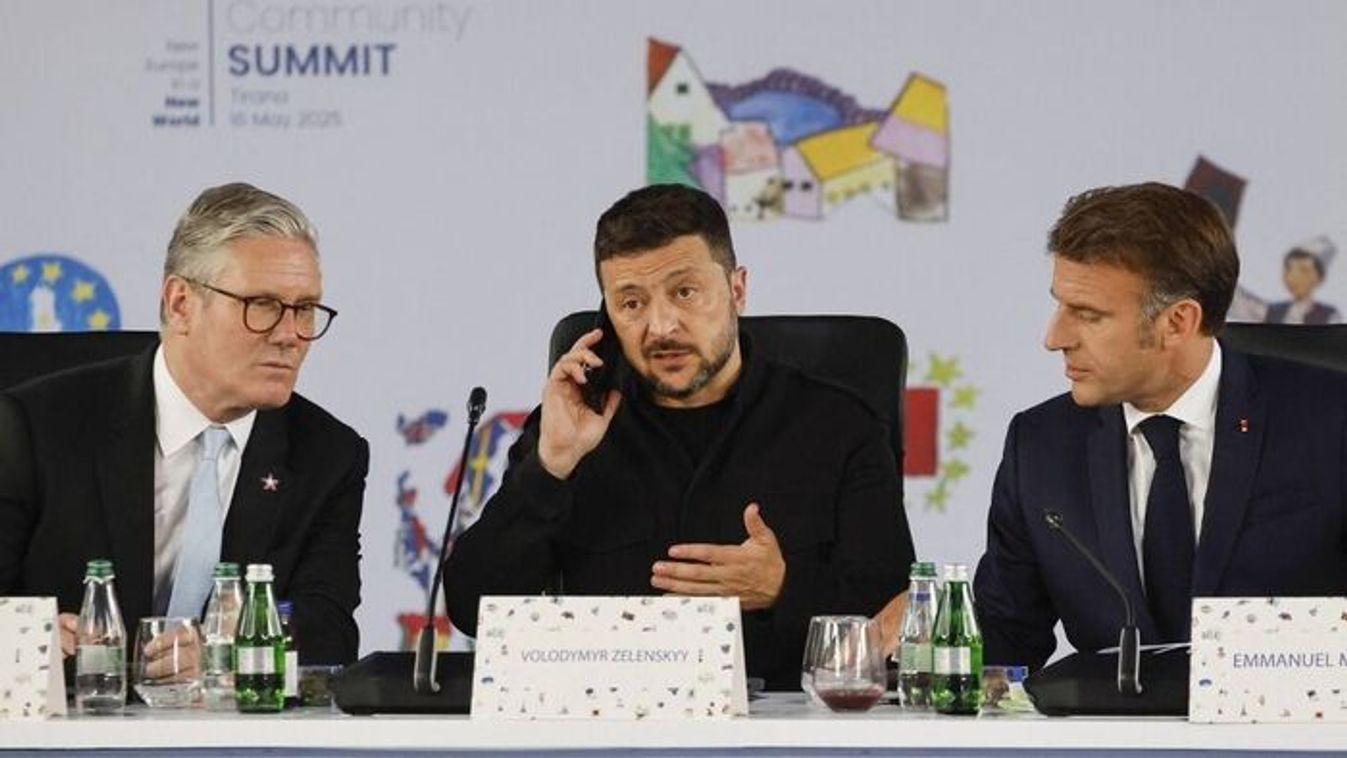
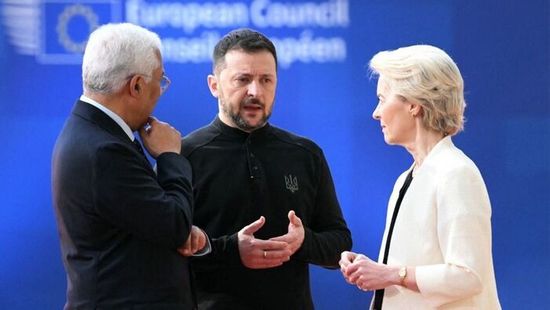
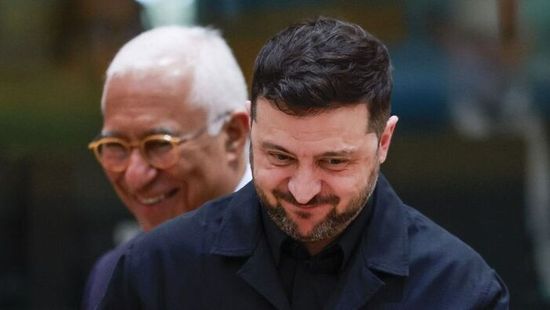
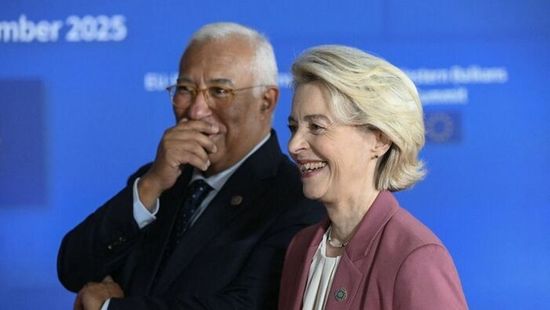
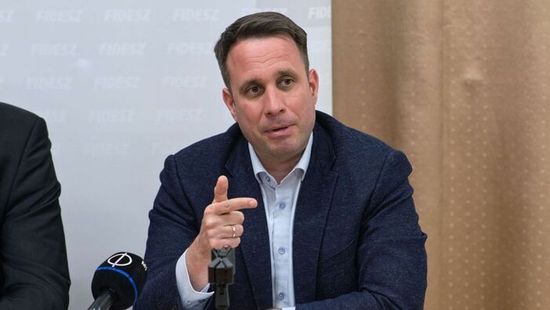

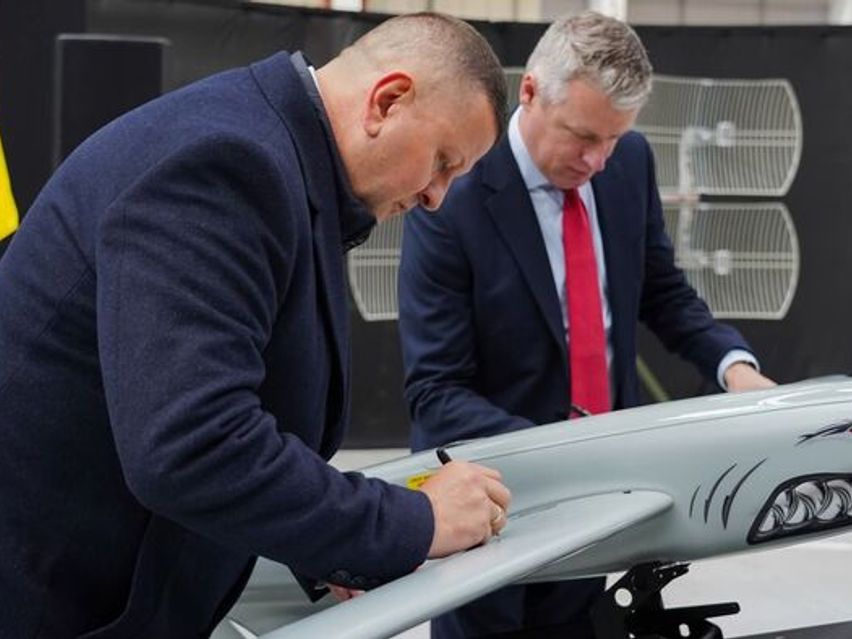
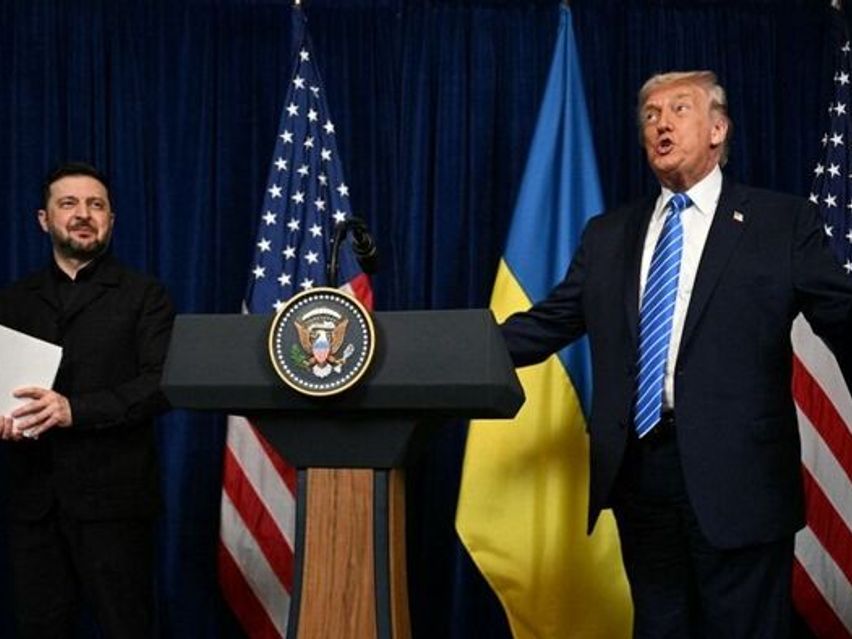
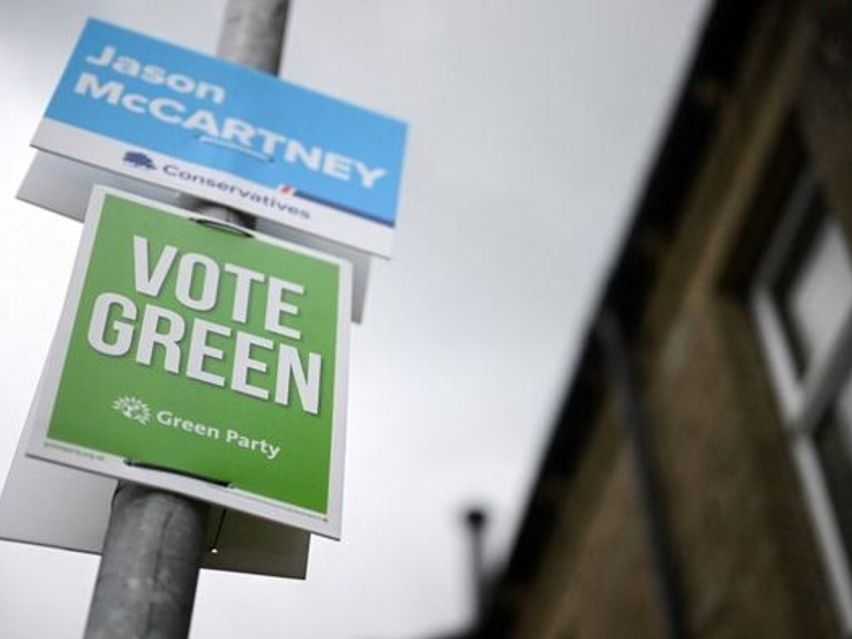
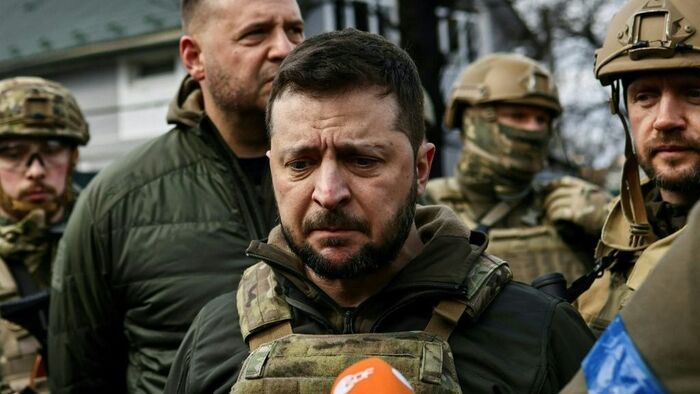

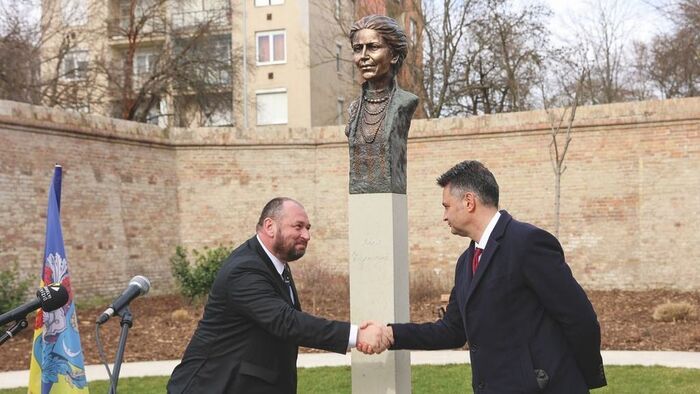
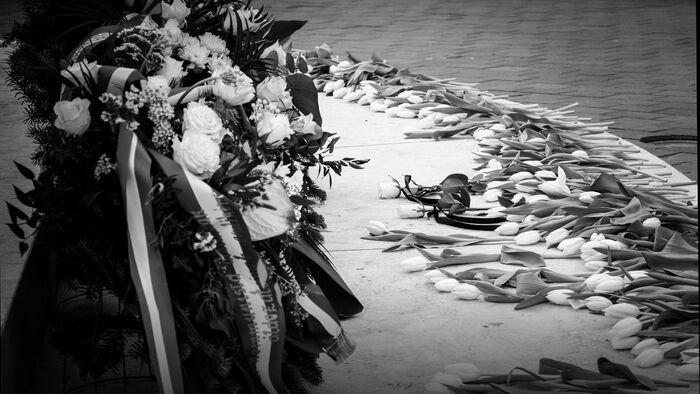
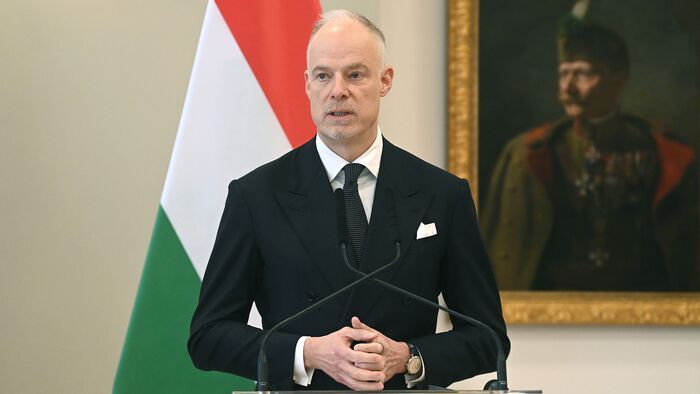
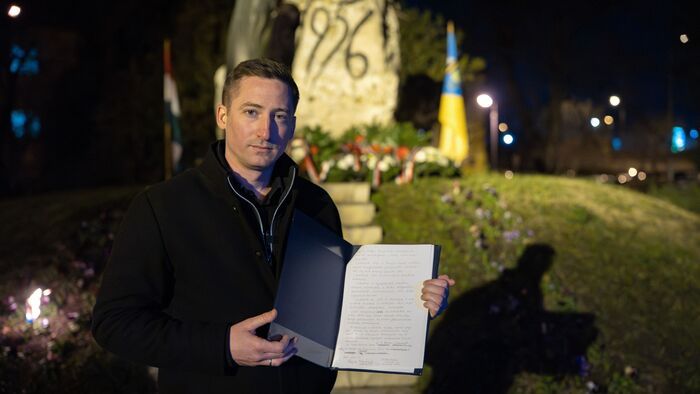
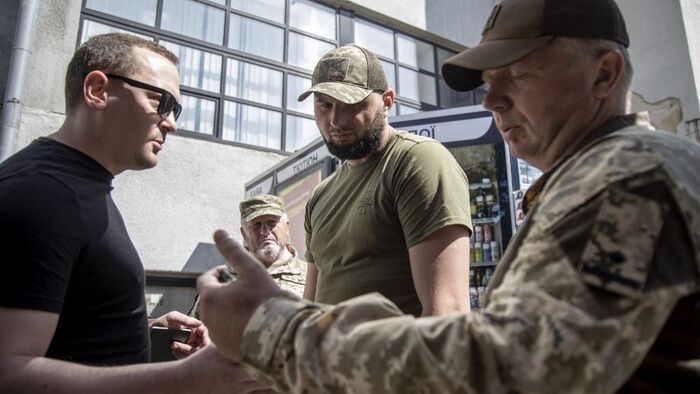
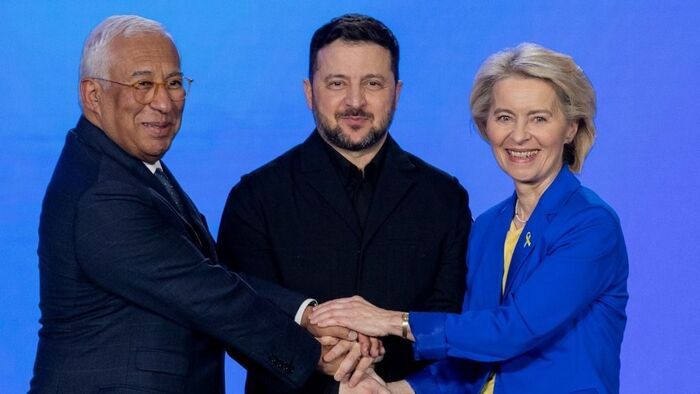
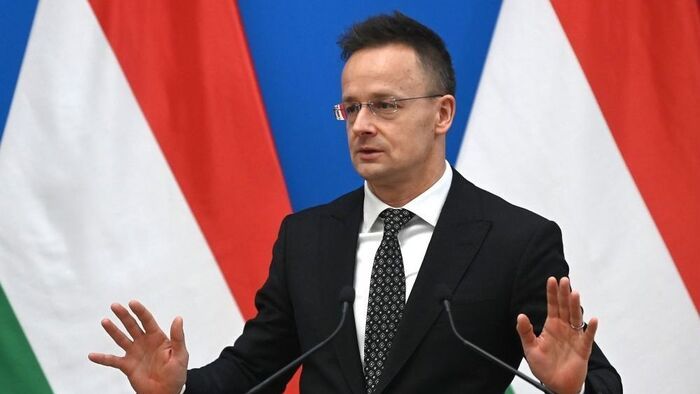

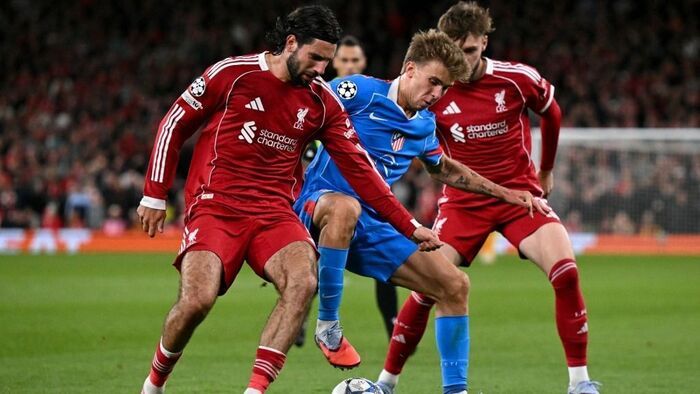
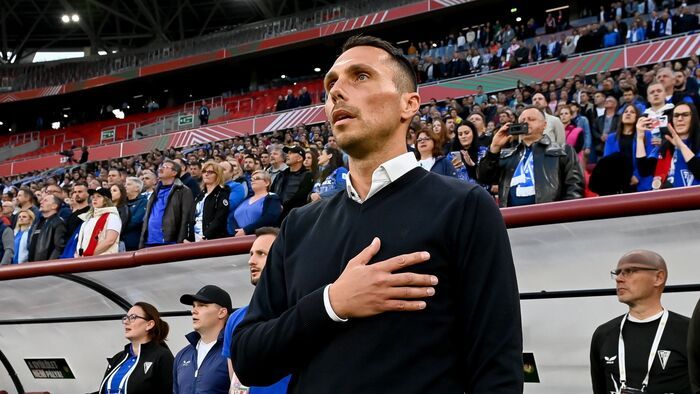


Szóljon hozzá!
Jelenleg csak a hozzászólások egy kis részét látja. Hozzászóláshoz és a további kommentek megtekintéséhez lépjen be, vagy regisztráljon!